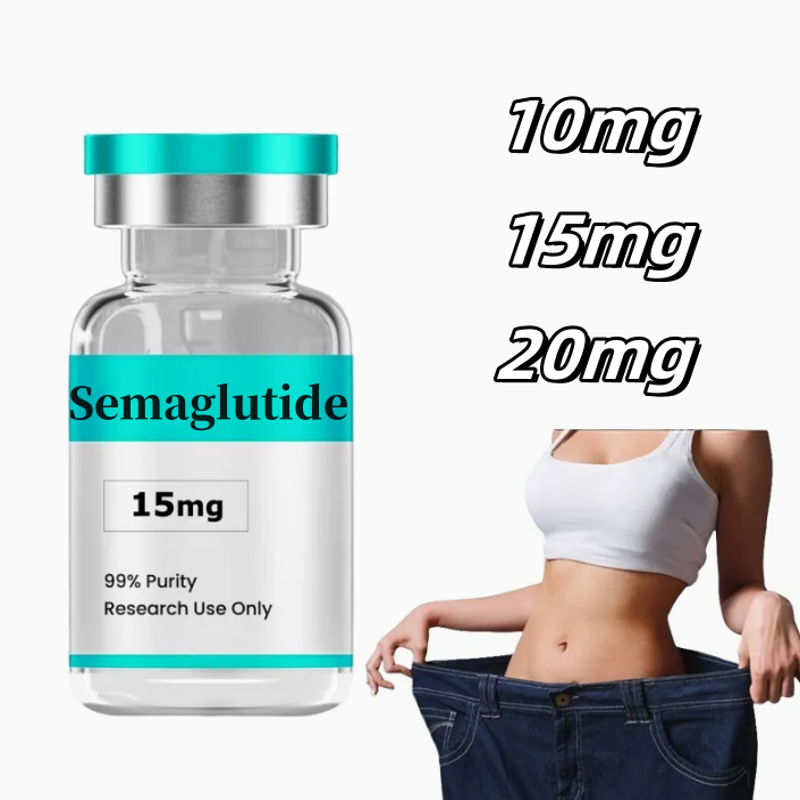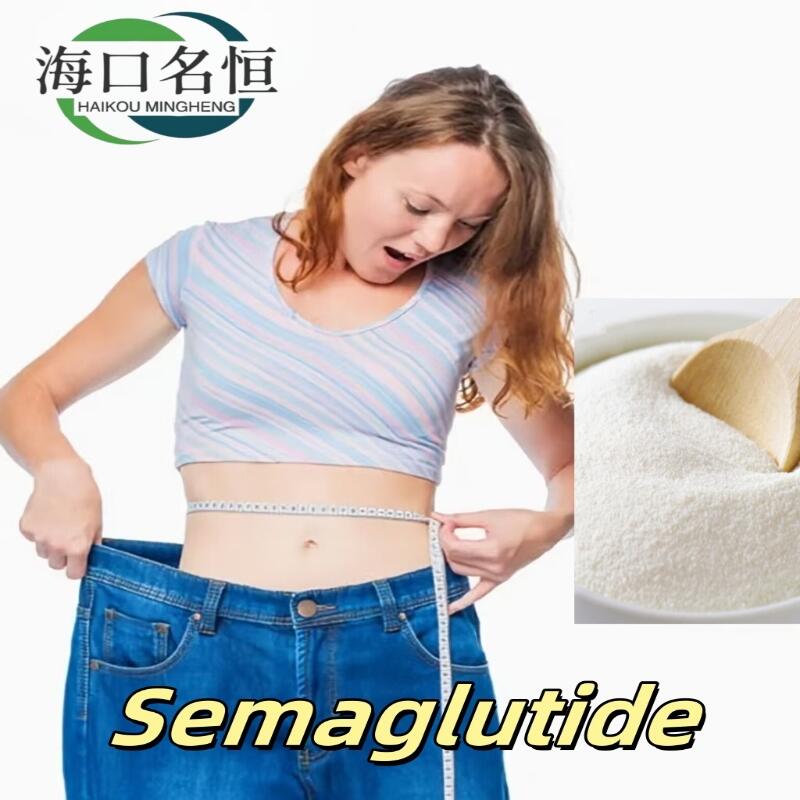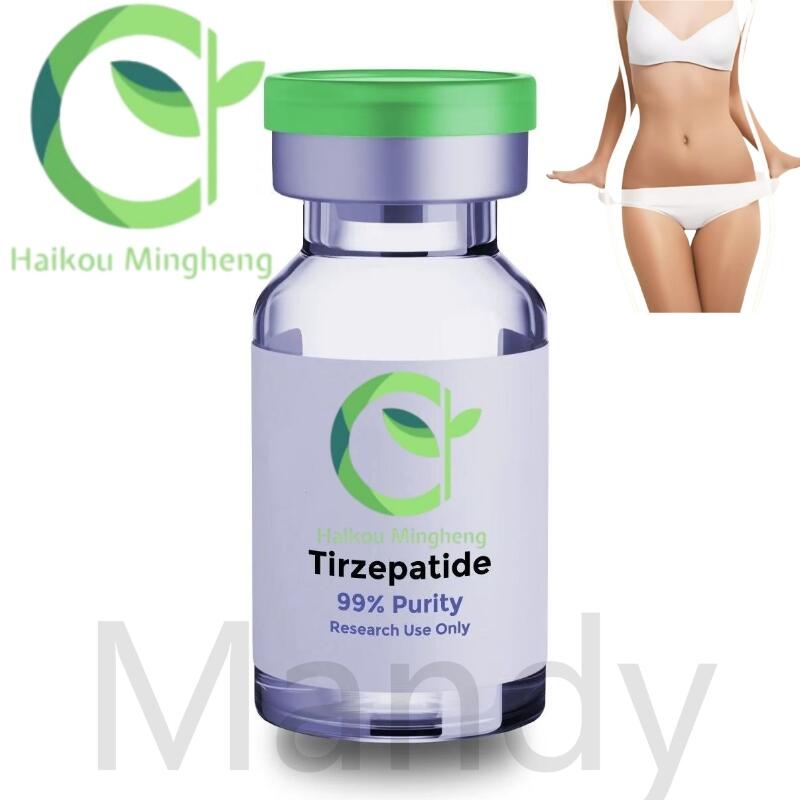Titanium dioxide nanotubes have significant effect on the concentration of phosphopeptides
-
Last Update: 2015-06-17
-
Source: Internet
-
Author: User
Search more information of high quality chemicals, good prices and reliable suppliers, visit
www.echemi.com
Researchers at the University of California's School of cancer biology are working with material scientists at the University of Houston on how nanotubes can be used to obtain and understand the regularity of proteins that cause various diseases, including specific cancers, cardiovascular diseases and obesity Recently, a study published in the Journal of Applied Materials & interfaces of the American Chemical Association showed that TiO2 nanotubes grown on titanium based metal wires have the effect of concentrating phosphopeptides, and provided the key regulatory mechanisms of normal biological and cellular functions The application of this mechanism is more simple, which also means the use of cheaper and practical materials in scientific research Associate Professor, Department of cancer biology, co-author of the study, and Ken from UC Cancer Society and Cincinnati Cancer Center "Protein phosphorylation is the central regulatory mechanism for normal cellular function and biological processes in the body When the phosphorylation process is disordered, it can lead to various diseases, including cardiovascular diseases, nervous system diseases, endocrine diseases and cancer," Dr greis said The study of the kinetic mechanism of phosphorylation process has become a hot topic in biological research Research institutions are committed to revealing the cellular mechanism of potential diseases and developing new therapeutic interventions According to greis, the typical method of protein cell phosphorylation research is to separate and classify proteins by liquid chromatography and mass spectrometry Concentration by adding metal materials is necessary and can help separation "Mesoporous titanium dioxide particles are widely used in the concentration of phosphopeptides, but they are relatively expensive and basically fail to improve new functions," said greis Titanium dioxide nanotubes grown on titanium wire have shown promising properties in the separation of phosphopeptides In this study, we evaluated the phosphorylation proteomic properties of nanotubes on titanium wire The researchers used titanium nanotubes as the substrate for a group of known standard phosphopeptides, and then applied them to hundreds of animal liver tissues Finally, the results were compared with the results of commercial particles "Our research shows that TiO2 nanotubes grown on wire have comparable phosphate peptide concentration and are more convenient to use than particle structures," said greis This can reduce costs and be more effective in future research " And the length and size of nanotubes are adjustable, which also opens the way for the future development of concentration technology This is also an exciting cooperation, highlighting the advantages of scientific exchanges among different students The subject exchange started with a discussion between the two institutions, and then developed into the preparation of titanium dioxide nanotubes for chemical sensors and solar energy conversion technology in cooperation with Professor oomman Varghese, chief expert of science and technology, at Boston University He is an associate professor of physics at Boston University Other authors of the study are Aruna wijeratne, Ph.D., Wei Kan Chu, distinguished professor, Dr dharshana wijesundera, Ph.D., Maggie paulose, research scientist, Ivy Belinda ahiabu, graduate student, all from the Department of physics, Boston University.
This article is an English version of an article which is originally in the Chinese language on echemi.com and is provided for information purposes only.
This website makes no representation or warranty of any kind, either expressed or implied, as to the accuracy, completeness ownership or reliability of
the article or any translations thereof. If you have any concerns or complaints relating to the article, please send an email, providing a detailed
description of the concern or complaint, to
service@echemi.com. A staff member will contact you within 5 working days. Once verified, infringing content
will be removed immediately.







